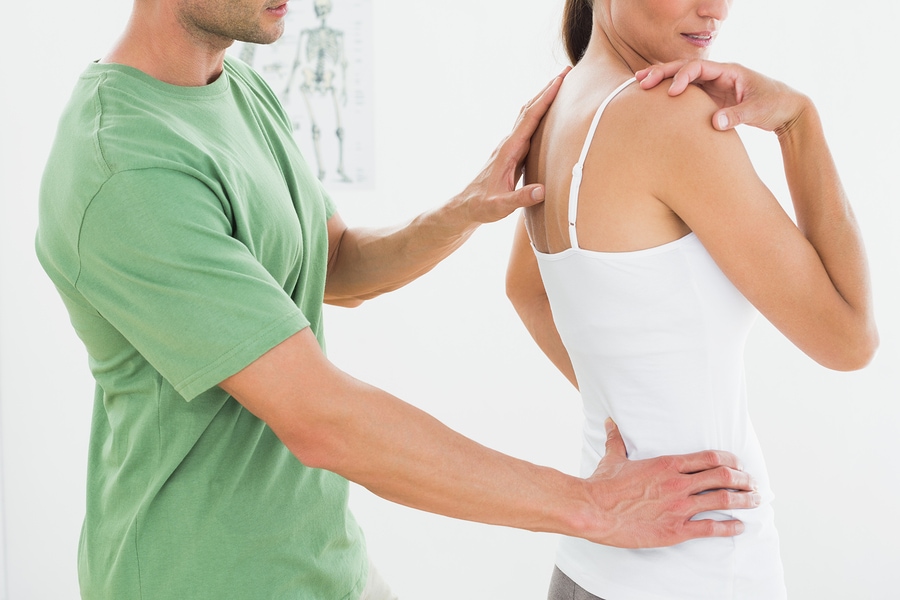Alexander Technique helps Opera House musicians

Holistic therapies, including Alexander Technique and yoga sessions, have been credited with helping musicians at the Sydney Opera House avoid injury and carry on playing for their audiences night after night.
Every week, a group of elite orchestral musicians train their bodies to resist injuries with the help of postures from Yoga, Pilates and Alexander Technique.
In the past few years, orchestras have started to realise that their musicians need specialised support to help them avoid career-changing injuries, and the Sydney Symphony Orchestra (SSO) has responded to this need by adding Pilates, yoga and Alexander Technique classes to weekly schedules, as well as publishing a handbook setting out the noise monitoring, ergonomic assessment and hearing tests available to its musicians.
The Australian National Academy of Music also offers an extensive health and fitness awareness program.
Just like athletes and sportspeople, elite musicians have to take into account the occupational health hazards of their profession – and the possibility that just one injury could ruin a promising career. Injuries can range from musculoskeletal disorders to loss of hearing, stress or anxiety. One condition feared by musicians is a neurological condition called focal dystonia, which results in hands and fingers failing to respond to commands, making it impossible for a musician to carry on playing.
Although the SSO musicians might not be using major muscle groups, using several smaller muscles at the same time, and being able to carry out the tiny movements of fingers needed to play an instrument is vital for anyone who wants to stay at the top of their career.
One member of the SSO, French horn player Rachel Silver, has been practising Pilates for five years, and says that the classes have been useful to her, as she is now more aware of her posture and she’s found that this knowledge combined with improved body strength and special breathing techniques have helped her to resist injury. She explained;
“The instruments we play are not made for the body, and you’re static and moving at the same time. Playing for many hours a day, you get a lot of aches and pains that need to be watched.”
The Australian approach seems to have caught the attention of many other organisations around the world too, according to Dr Bronwen Ackermann, a leading specialist in musicians’ health. She says,
“A lot of overseas orchestras are saying, ‘You guys are doing some really ground-breaking stuff that we need to start doing as well’. Such health policies are vitally important.”

